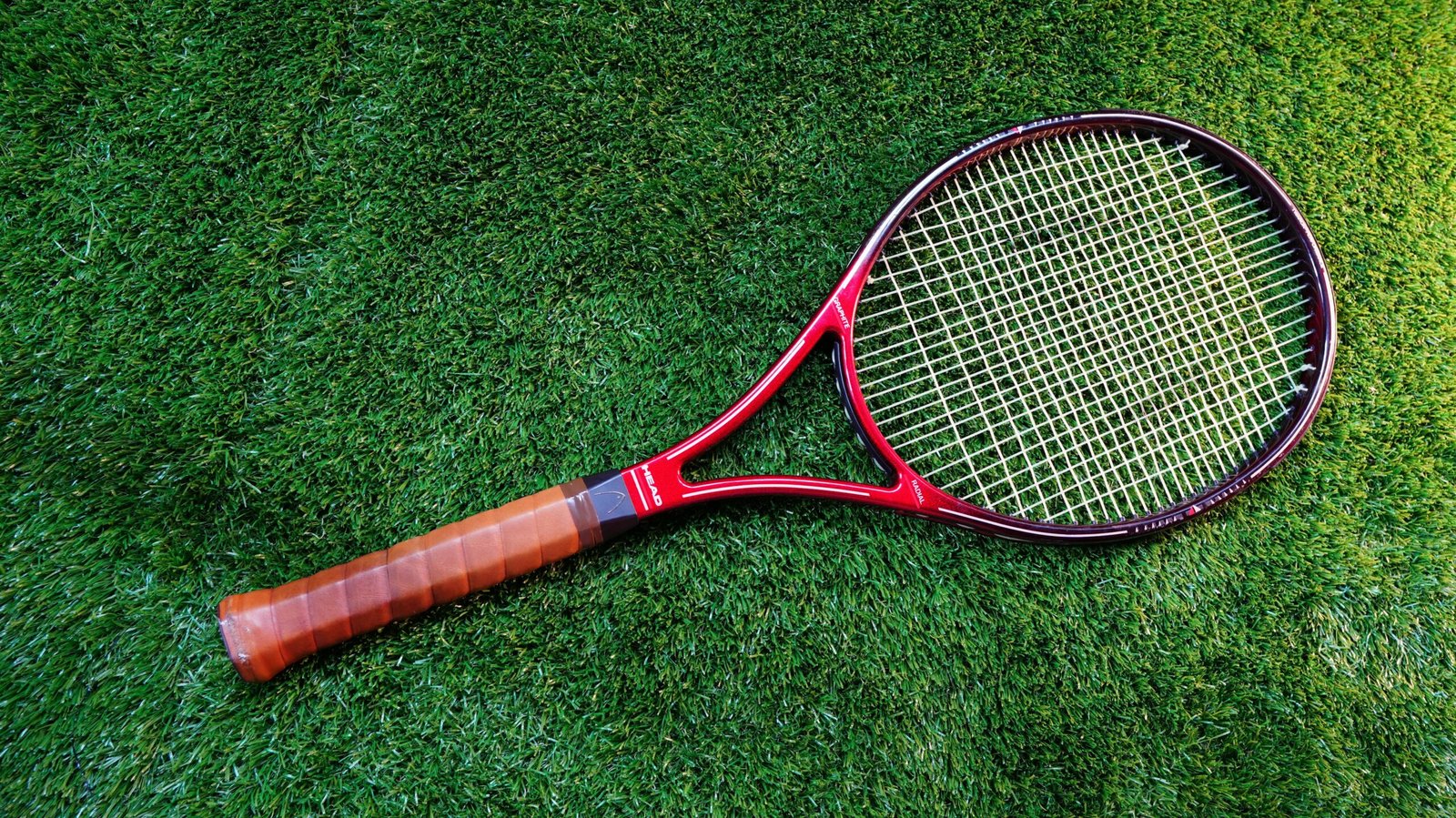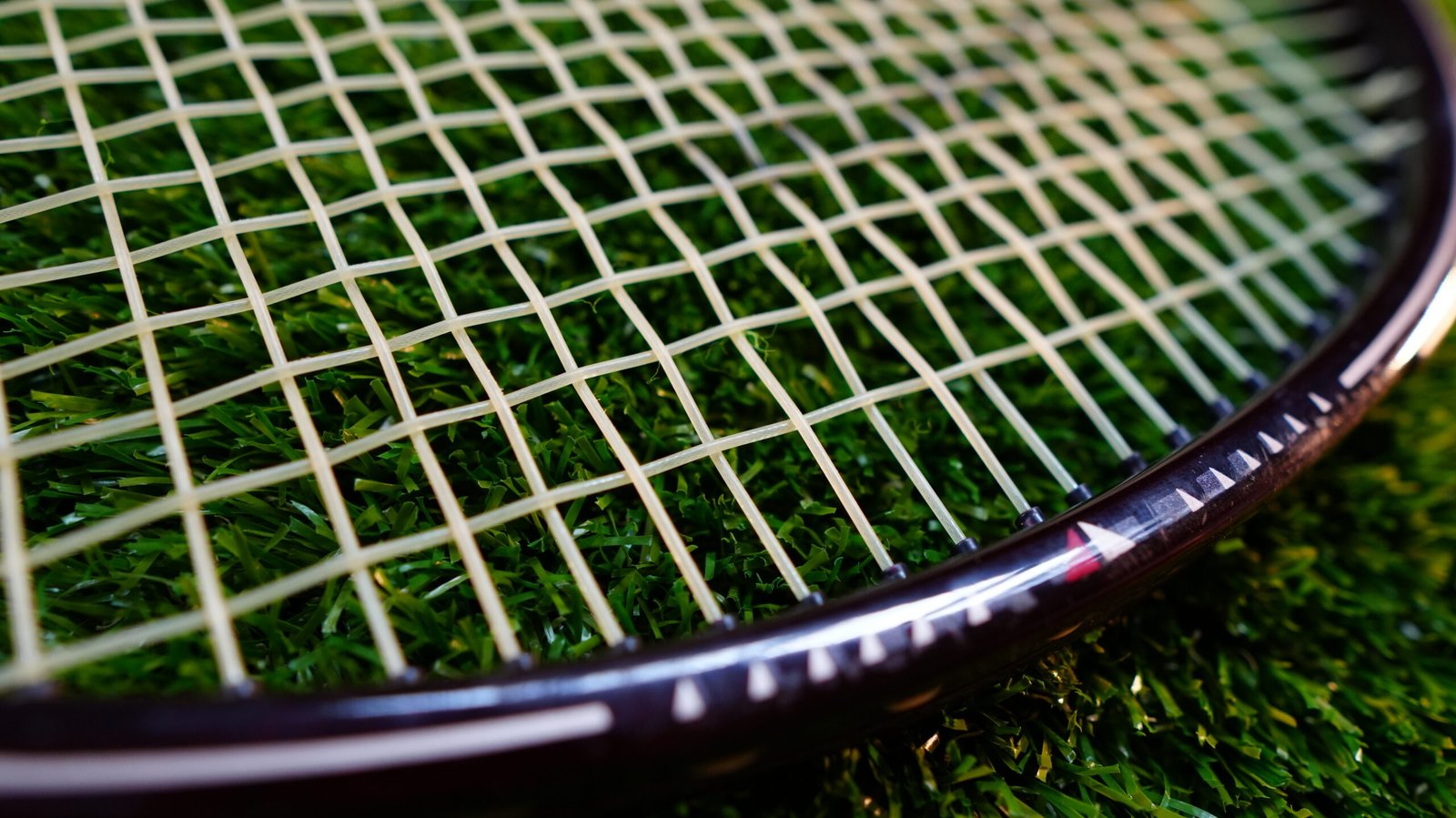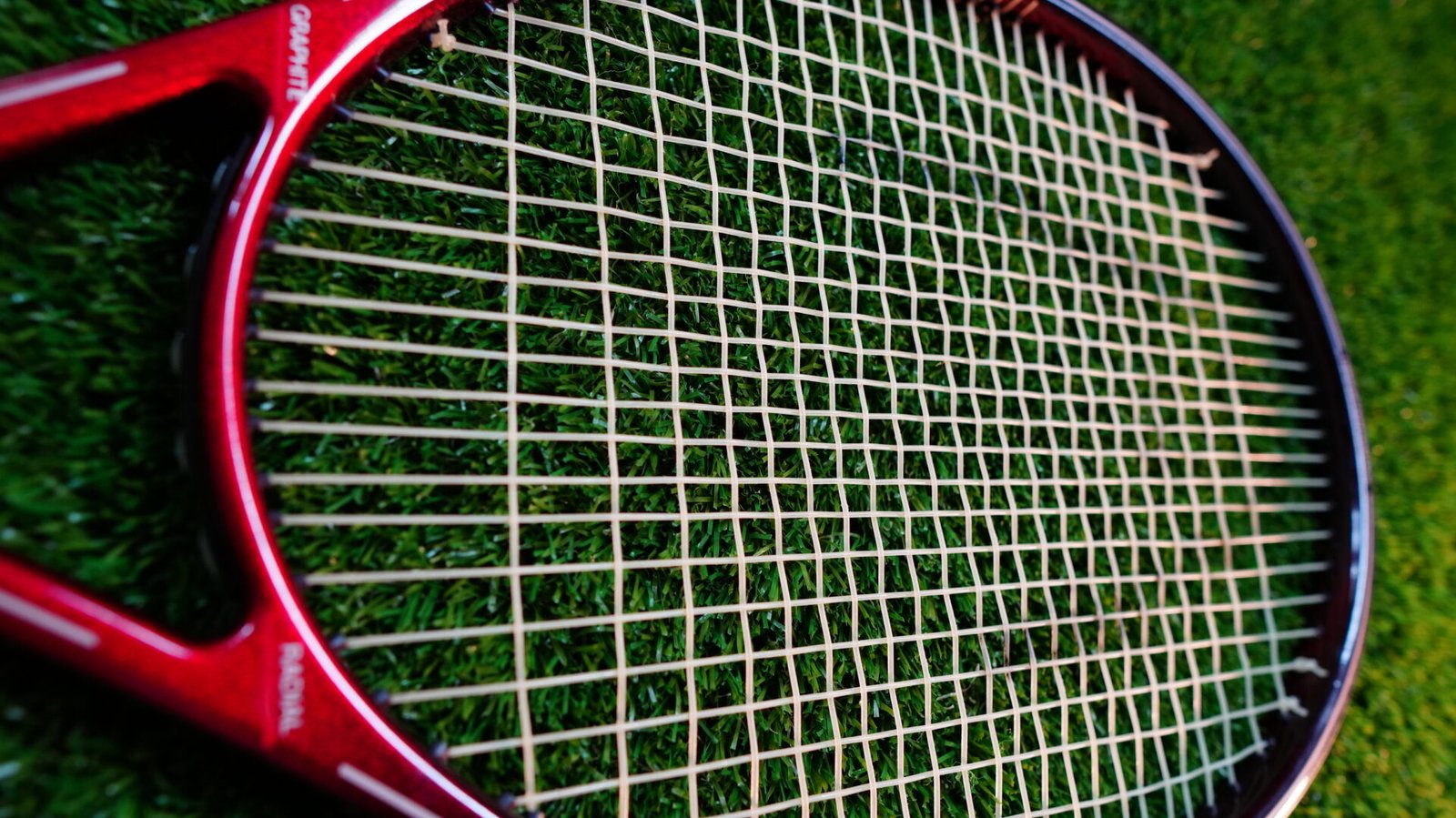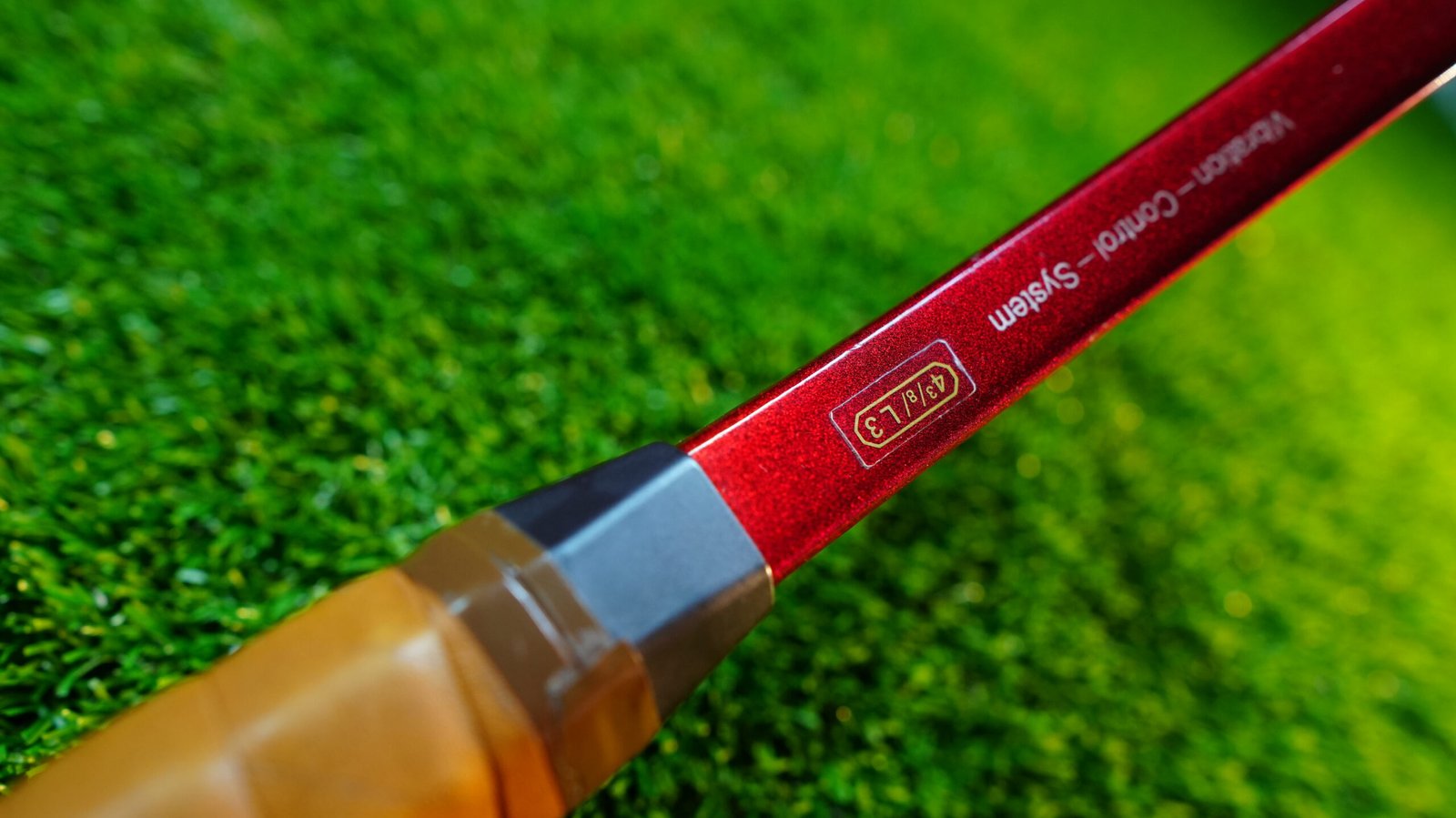Condition
9
10: New
9: Mint
8: Excellent
7: Good
6: Fair
5: Average
4: Below Average
3: Poor
|
Rarity
8
10: Impossibly rare
9: Extremely rare
8: Hard to find
7: Fairly rare
6: Uncommon
5: Common
<4: Big Seller
9: Mint
8: Excellent
7: Good
6: Fair
5: Average
4: Below Average
3: Poor
9: Extremely rare
8: Hard to find
7: Fairly rare
6: Uncommon
5: Common
<4: Big Seller
– – – – – – – – – – –
About This Racket
In 1986 Head developed a new material called TWARON into the graphite and fibreglass makeup with help of Dutch company AKZO which had vibration-dampening and strength properties. They made the TX Professional and in late 1986 Head introduced the “Prestige” label in Europe, however, it wasn’t until Prestige Pro was launched globally in 1987 that the first member of the Prestige family was really born. In 1989 Head updated the Prestige by giving it new cosmetics (dark red) and a 93″ head and renaming it as Prestige Pro 600 (600 square cm or 93 square inches). The Prestige Pro 600 became widely used on the men’s pro tour (world number one Thomas Muster, Marat Safin) and is still highly regarded. Later they offered a larger 660 square centimetre head size (102″). It was a big success, 25% of the top 100 on the ATP Tour were wielding Prestiges.
Within 2 years they released a related cheaper model the Radial which had the most dense string pattern ever known. 22 mains and 23 crosses. It has the Twaron graphite, deep red/brown metallic paint work. Made in Austria.
Specifications
| Measurements | Value | Performance | Score |
|---|---|---|---|
| Weight | 349g | Power | 19/100 |
| Head Size & Length | 65sq in | 27inch | Control | 41/100 |
| Balance | 5pt head heavy | Spin | 40/100 |
| Grip | Perforated leather | Handling | 78/100 |
| Strings | 18 x 20 | synthetic | Comfort | 89/100 |
| Flexibility | RA 43 | Consistency | 59/100 |
About Head
Howard Head was creator of Head and Prince. Head started in tennis in 1970 HEAD. HEAD made the first aluminum tennis frame, the iconic Arthur Ashe Competition, which Ashe used to defeat Jimmy Connors at Wimbledon in 1975. In the following decades, legends from Guillermo Vilas to Thomas Muster played and won using HEAD tennis racquet. HEAD continued to innovate and introduced the groundbreaking Titanium racquets in 1998. In 1998, the company introduced its groundbreaking Titanium racquets, further solidifying its position as a leader in tennis technology. Today, HEAD’s Graphene technology is widely recognized and used by players around the world.HEAD’s roster of sponsored athletes reads like a who’s who of tennis greats. From Arthur Ashe to Andre Agassi, Maria Sharapova, Andy Murray, Marin Cilic, and Novak Djokovic, many top professionals have chosen HEAD equipment. The brand’s popularity soared in 2012 when three HEAD-sponsored players won Grand Slam titles: Djokovic at the Australian Open, Sharapova at the French Open, and Murray at the US Open.In recent years, HEAD has made strategic moves to stay at the forefront of the sport. They’ve added rising stars like Bianca Andreescu, Alexander Zverev, and Coco Gauff to their roster.
Gallery
HEAD by Time
| Year | Event |
| 1947 | Howard Head takes his first ski trip and is inspired to create better skis |
| 1950 | Head Sport GmbH founded in Baltimore, Maryland by Howard Head |
| 1950 | First durable prototype of the Head Standard ski is developed |
| 1960s | Head captures over 50% of the US ski market |
| 1967 | Howard Head hires Harold Seigle as company president |
| 1969 | Howard Head sells the company to AMF |
| 1969 | Head introduces the first aluminum frame tennis racket at the US Open |
| 1975 | Arthur Ashe wins Wimbledon using a Head racket |
| 1985 | Minstar Inc. acquires Head through hostile takeover of AMF |
| 1987 | Head starts making athletic footwear |
| 1989 | Management buyout forms HTM (Head, Tyrolia, and Mares) |
| 1993 | HTM sold to Austria Tabak |
| 1995 | Johan Eliasch takes over the company |
| 1997 | Head creates the first titanium and graphite tennis racket |
| 2009 | Head shuts down the Penn ball manufacturing factory in Phoenix, Arizona |
| 2019 | Head reportedly purchases ASE assets, but later backs out of the deal |






